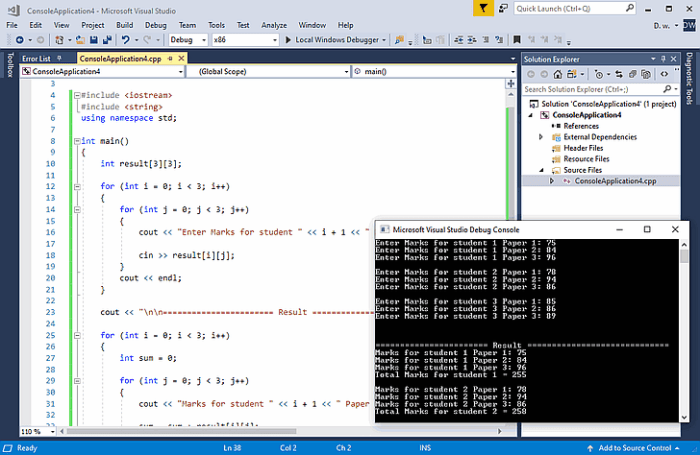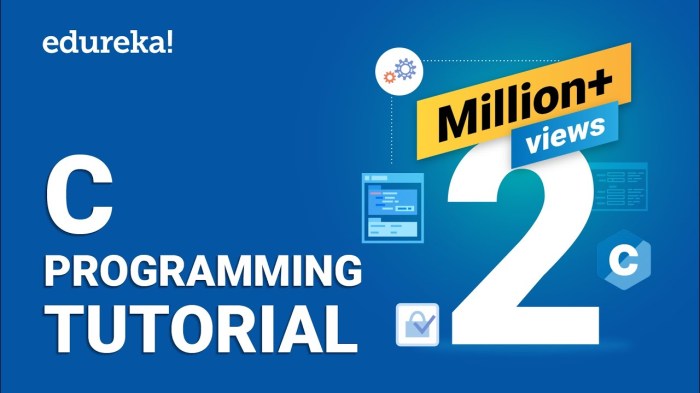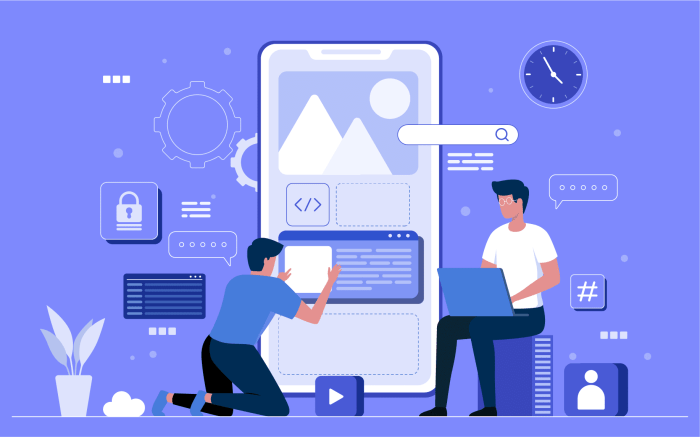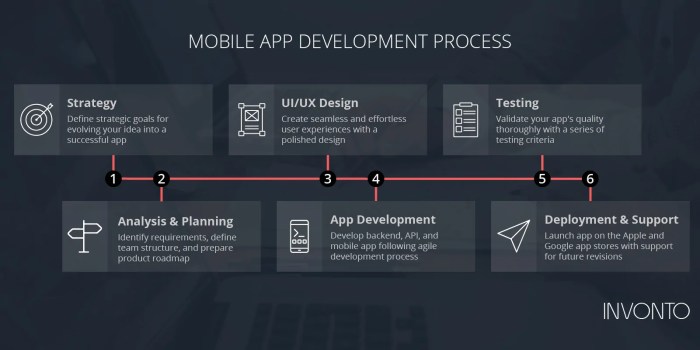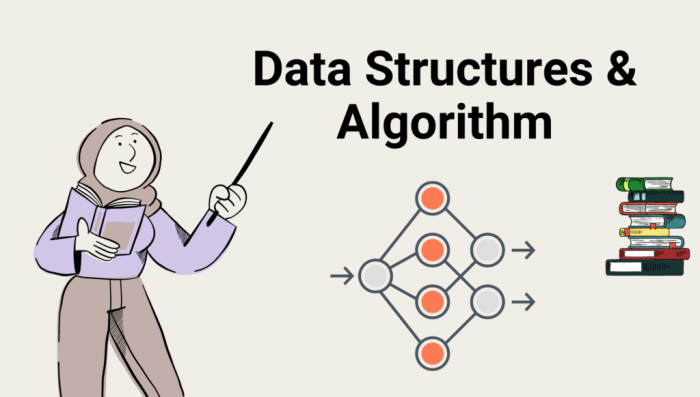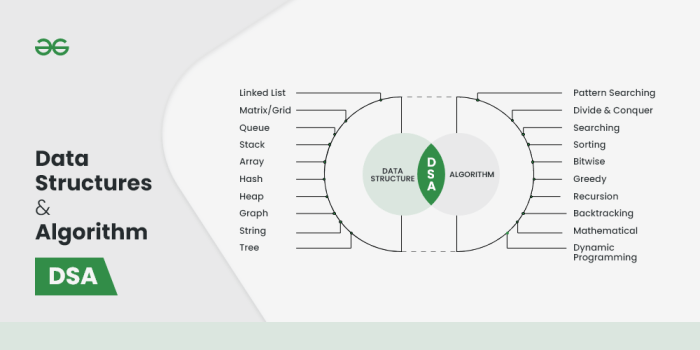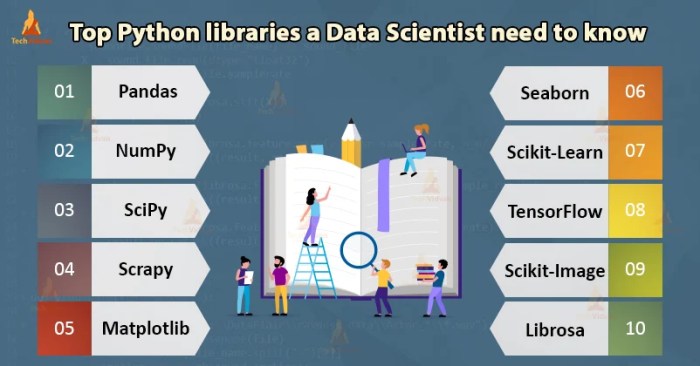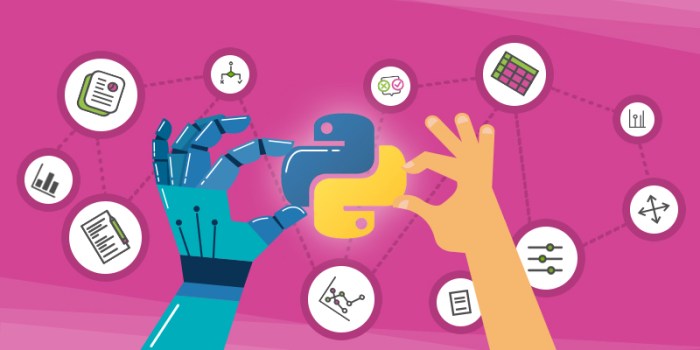
Embark on a journey to boost your programming prowess with Tips for improving programming skills as your guide. Get ready for a rollercoaster of insights and strategies that will level up your coding game!
Are you ready to dive into the world of programming and take your skills to the next level?
Ways to improve programming skills
Programming is a skill that requires continuous learning and practice to master. Here are some effective strategies to enhance your programming abilities:
Continuous Learning
- Stay updated with the latest programming languages, tools, and technologies.
- Take online courses, attend workshops, and participate in coding challenges to expand your knowledge.
- Read books, blogs, and articles related to programming to gain insights and new perspectives.
Practice and Projects
- Work on coding projects to apply your skills in real-world scenarios.
- Challenge yourself with complex problems and algorithms to sharpen your problem-solving skills.
- Collaborate with other programmers on open-source projects to learn from their expertise.
Learning resources for programming
When it comes to improving your programming skills, having access to the right learning resources is essential. Whether you prefer self-study, formal education, or coding bootcamps, there are numerous options available to help you enhance your coding abilities.
Popular online platforms for learning coding
- Coursera: Offers a wide range of programming courses from top universities and institutions.
- Udemy: Provides a variety of coding classes at different skill levels, often at affordable prices.
- Codecademy: Known for its interactive coding lessons that cater to beginners and advanced learners alike.
- edX: Offers courses in programming languages, computer science, and more, created by universities and industry experts.
Self-study vs. formal education for programming skill development
- Self-study: Allows for flexibility in learning at your own pace and focusing on specific areas of interest. However, it may lack structured guidance and feedback compared to formal education.
- Formal education: Provides a comprehensive curriculum, access to experienced instructors, and networking opportunities. It can be more time-consuming and expensive than self-study.
Benefits of coding bootcamps in improving programming proficiency
- Intensive learning: Bootcamps offer immersive, hands-on training that can help you quickly acquire new skills and knowledge.
- Industry relevance: Many coding bootcamps collaborate with industry partners to ensure their curriculum aligns with current market demands.
- Networking opportunities: Bootcamps often provide access to a strong professional network, including mentorship and job placement services.
- Fast-track career growth: Completing a coding bootcamp can lead to job opportunities in the tech industry, with some graduates seeing significant salary increases.
Programming languages to focus on
When looking to improve your programming skills, it is crucial to focus on mastering key programming languages that are widely used in the industry. Specializing in a particular programming language can also enhance your expertise and make you more marketable to potential employers. Additionally, learning multiple languages can provide you with a well-rounded skill set and enable you to adapt to different projects and technologies.
Key Programming Languages
- Python: Known for its simplicity and versatility, Python is widely used in web development, data science, artificial intelligence, and more.
- Java: A popular language for building enterprise applications, Android apps, and large-scale projects.
- JavaScript: Essential for front-end web development and increasingly used for back-end development with Node.js.
- C++: Commonly used in systems programming, game development, and high-performance applications.
Specialization in a Programming Language
Specializing in a specific programming language can make you an expert in that area, allowing you to tackle complex problems more efficiently and effectively.
Benefits of Learning Multiple Languages
- Enhanced Problem-Solving Skills: Learning different languages exposes you to various programming paradigms and approaches, improving your problem-solving abilities.
- Adaptability: Being proficient in multiple languages makes you adaptable to different projects and technologies, increasing your versatility as a programmer.
- Broader Career Opportunities: Knowing multiple languages can open up more job opportunities and make you a valuable asset to diverse teams.
Tools and technologies for skill enhancement
Programming skills can be greatly enhanced by utilizing various software tools and technologies. These tools not only improve coding efficiency but also help streamline the development process.
Version Control Systems
Version control systems, such as Git, play a crucial role in enhancing programming skills. They allow developers to track changes in their code, collaborate with team members, and revert to previous versions if needed. By using version control systems, programmers can better manage their codebase and work more efficiently.
- Git: A popular version control system that enables developers to create branches, merge code changes, and collaborate with others seamlessly.
- GitHub: A web-based platform that hosts Git repositories and provides additional features like issue tracking and pull requests for effective collaboration.
- Bitbucket: Another platform for hosting Git repositories, offering similar features to GitHub with a focus on integration with other Atlassian tools.
Integrated Development Environments (IDEs)
Integrated Development Environments (IDEs) are essential tools for programming proficiency as they provide a comprehensive environment for writing, testing, and debugging code. IDEs offer features like code completion, syntax highlighting, and built-in debugging tools that can significantly improve a programmer’s workflow.
- Visual Studio Code: A lightweight and versatile IDE developed by Microsoft, known for its extensive plugin ecosystem and support for various programming languages.
- IntelliJ IDEA: A powerful IDE for Java development, offering advanced features like refactoring tools, code analysis, and integration with build tools.
- PyCharm: An IDE specifically designed for Python development, providing intelligent code assistance, a built-in debugger, and support for web development frameworks.
Practical projects for skill development
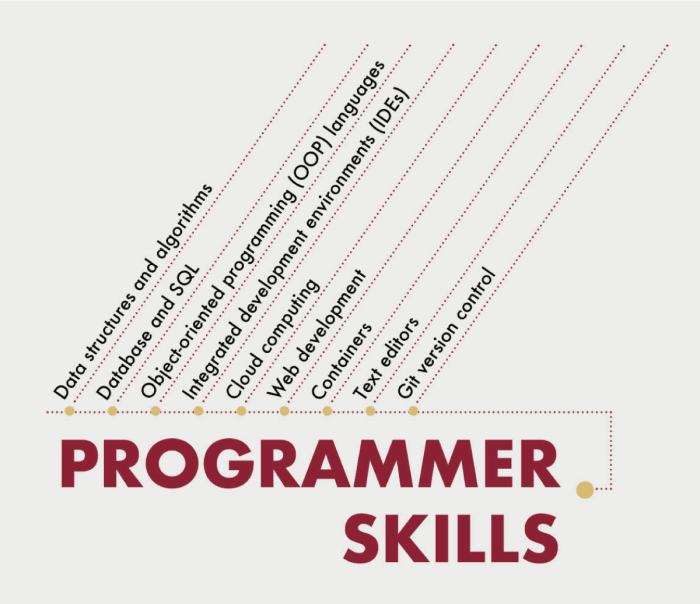
Undertaking practical coding projects is a great way to enhance your programming skills. By applying what you have learned in a real-world scenario, you can solidify your understanding and improve your problem-solving abilities.
Beginner projects
- Create a simple to-do list application using HTML, CSS, and JavaScript.
- Build a basic calculator program in Python.
- Develop a personal portfolio website to showcase your work.
Intermediate projects
- Design a web-based chat application using Node.js and Socket.io.
- Build a weather app that fetches data from a public API and displays it to the user.
- Create a simple game like Tic-Tac-Toe using Unity and C#.
Advanced projects
- Develop a full-stack e-commerce website with user authentication, payment processing, and order management.
- Design a machine learning model to predict stock prices using Python and libraries like TensorFlow.
- Contribute to an open-source project on GitHub to collaborate with other developers and gain real-world experience.
Online communities and forums for programmers

Participating in online communities and forums is a fantastic way for programmers to connect with like-minded individuals, seek help, share knowledge, and stay updated on the latest trends in the tech industry. These platforms offer a wealth of resources and opportunities for skill development.
List of popular online forums for programmers
- Stack Overflow: A go-to platform for coding queries and discussions.
- GitHub Community: Ideal for collaboration, sharing code, and project management.
- Reddit r/programming: Engage in discussions, share news, and learn from fellow programmers.
- HackerRank: Improve coding skills through challenges and competitions.
Benefits of participating in coding communities
- Networking: Connect with professionals in the industry for mentorship and collaboration opportunities.
- Knowledge sharing: Learn from experienced developers and contribute your expertise to help others.
- Feedback: Receive constructive criticism on your code to improve your programming skills.
- Stay updated: Stay informed about the latest tools, technologies, and best practices in programming.
Role of peer programming in enhancing coding abilities
Peer programming involves collaborating with another programmer to work on code together, sharing ideas, and solving problems collectively. This practice not only improves communication and teamwork skills but also enhances coding abilities by exposing you to different perspectives and approaches to problem-solving.
Final Conclusion
In a nutshell, Tips for improving programming skills offers a treasure trove of techniques, resources, and projects to help you become a coding maestro. So, what are you waiting for? Start coding your way to success today!
Query Resolution
Which programming languages are essential to focus on?
It’s crucial to prioritize languages like Python, Java, and C++ for skill improvement.
How can practical projects help in skill development?
Engaging in beginner, intermediate, and advanced coding projects can sharpen your programming abilities and boost your portfolio.
What are the benefits of participating in online programming communities?
Online forums provide a platform for learning, sharing knowledge, and networking with like-minded programmers to enhance your skills.
